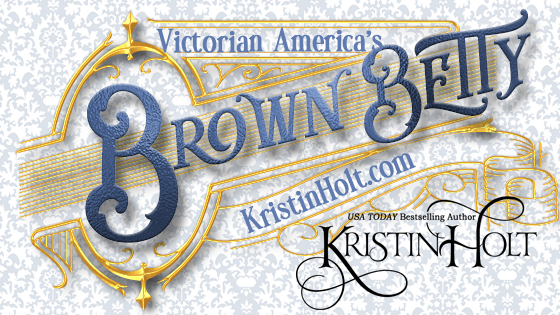
by Kristin Holt | Mar 16, 2021 | Articles
Victorian America’s BROWN BETTY: a teapot, and an economical dessert.
A smattering of recipes from mid- to late-nineteenth century cook books and newspapers paint an image of “brown Betty.” Victorian-era economy shines in these vintage instructions.
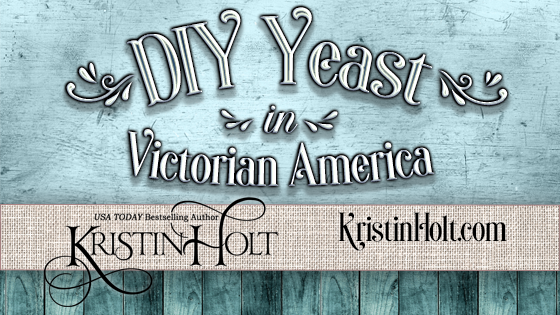
by Kristin Holt | Feb 18, 2021 | Articles
Nineteenth century breads often called for “a teacup of yeast,” a huge amount compared to today’s recipes. Victorian-era housekeepers (e.g. wives) made their yeast. And continued to whip up fresh batches of yeast (with a touch of the last batch as a starter) well after commercially prepared yeast waited on grocer’s shelves.
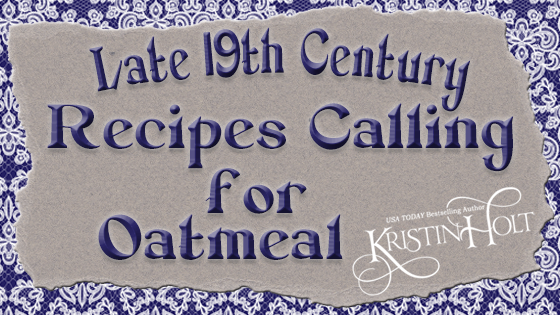
by Kristin Holt | May 27, 2019 | Articles
Oatmeal took its place in the Victorian-American kitchen in the late 19th century. We’ve discovered oatmeal cookies (with and without raisins), oatmeal porridge, oatmeal in toiletries; now more late 19th-century recipes that call for oats. Delicious dishes like oatmeal puddings, oatmeal custards, oatmeal cream pie, oatmeal muffins, oatmeal biscuits (sweet), “parkin”… and a rather scary option– Oatmeal Soup.
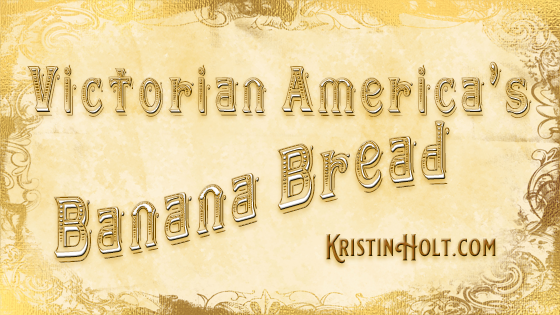
by Kristin Holt | Feb 23, 2019 | Articles
Today, February 23, is National Banana Bread Day. While banana bread (as we now know it) became a staple among home bakers in the 1930s, banana bread had its start in the late Victorian era where “banana flour” came to the United States from the tropics. Vintage newspaper advertisements show the beginnings of banana bread available in bakeries and homemakers’ awareness of quality nutrition to be found in the imported fruit and “flour.” With or without nuts, banana bread is a hallmark of American quick breads… and our nineteenth century ancestors, complete with baking powder and a wealth of cake-baking knowledge, were prepared for the post-Great Depression’s urge to “use it up.”
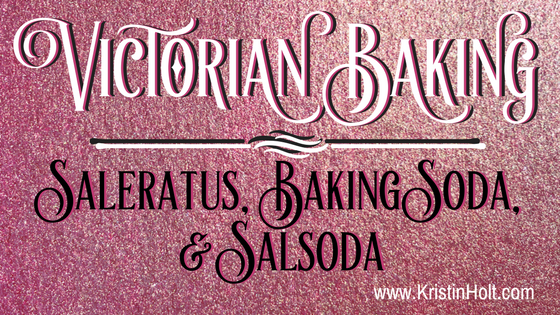
by Kristin Holt | Dec 30, 2017 | Articles
Today, December 30th, is National Bicarbonate of Soda Day.
Why recognize and celebrate such an obscure “foodie” day?
Victorian-era recipes containing saleratus, pearl ash, baking soda, baking powder (and more) can be confusing… and evoke a million questions. When were each used? Which were Victorian-era developments? Which did 19th century cooks prefer?













